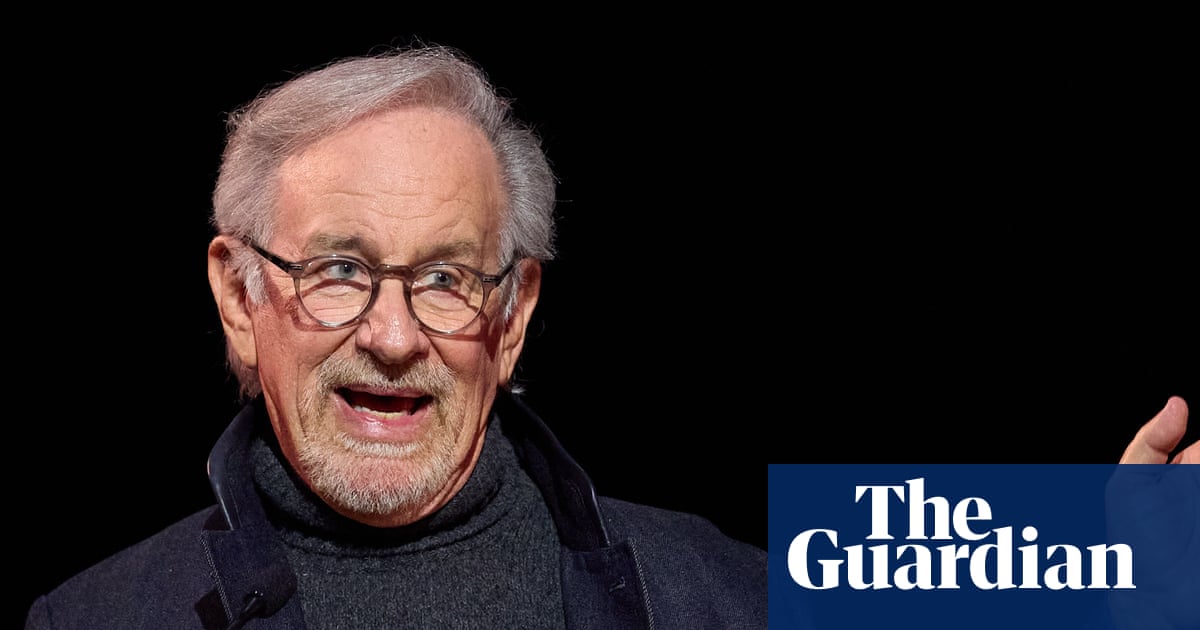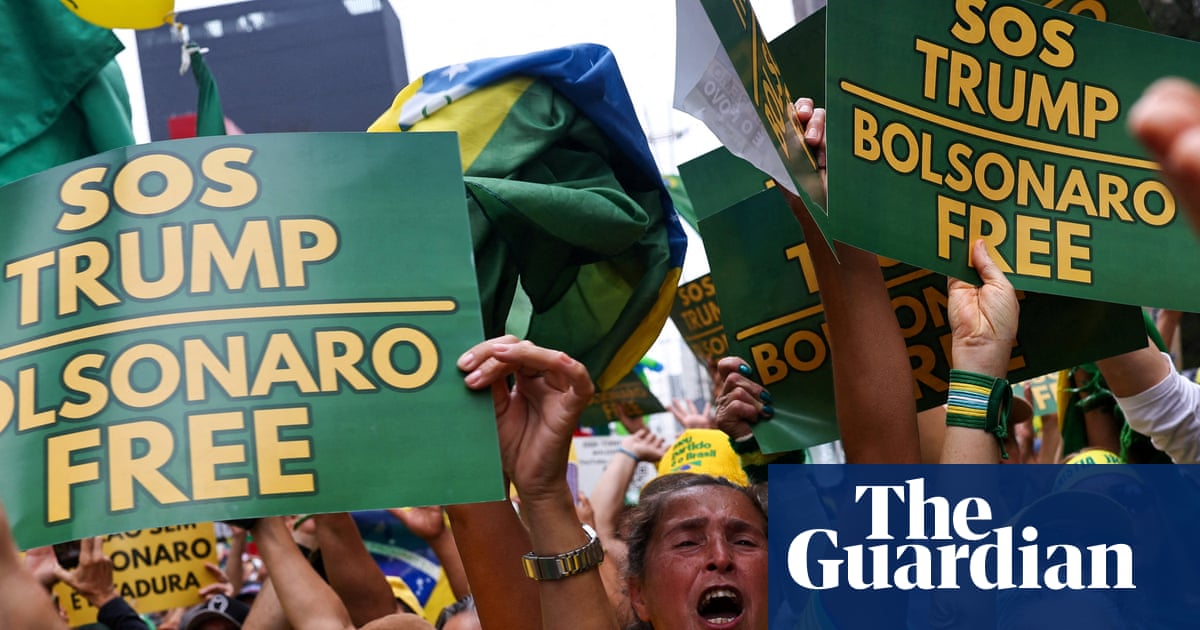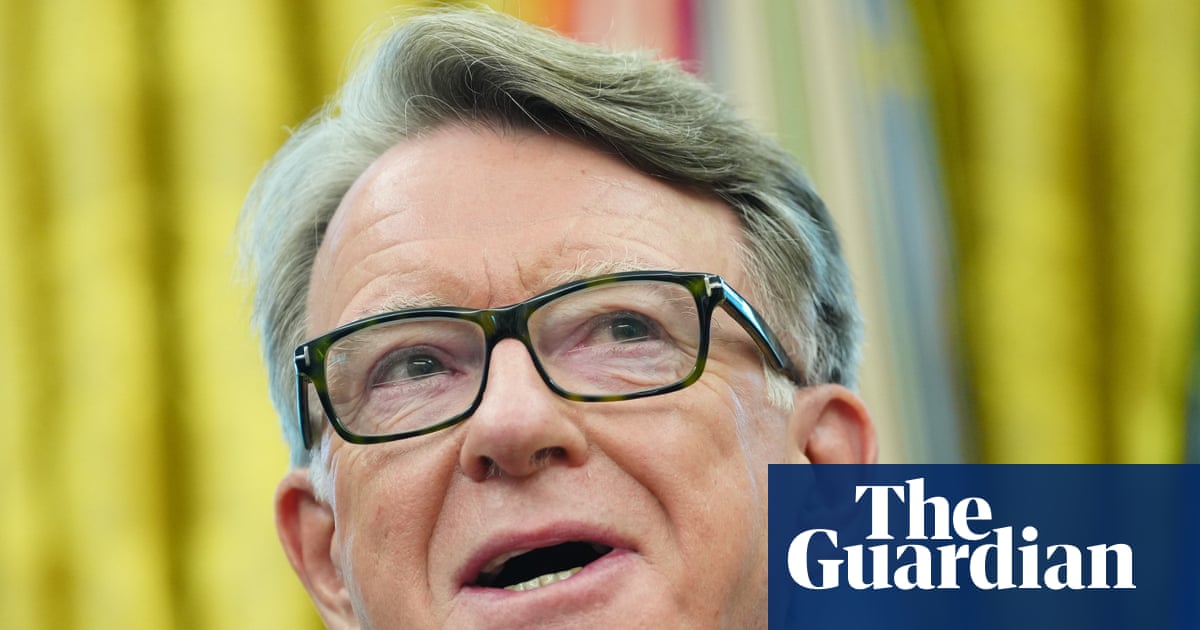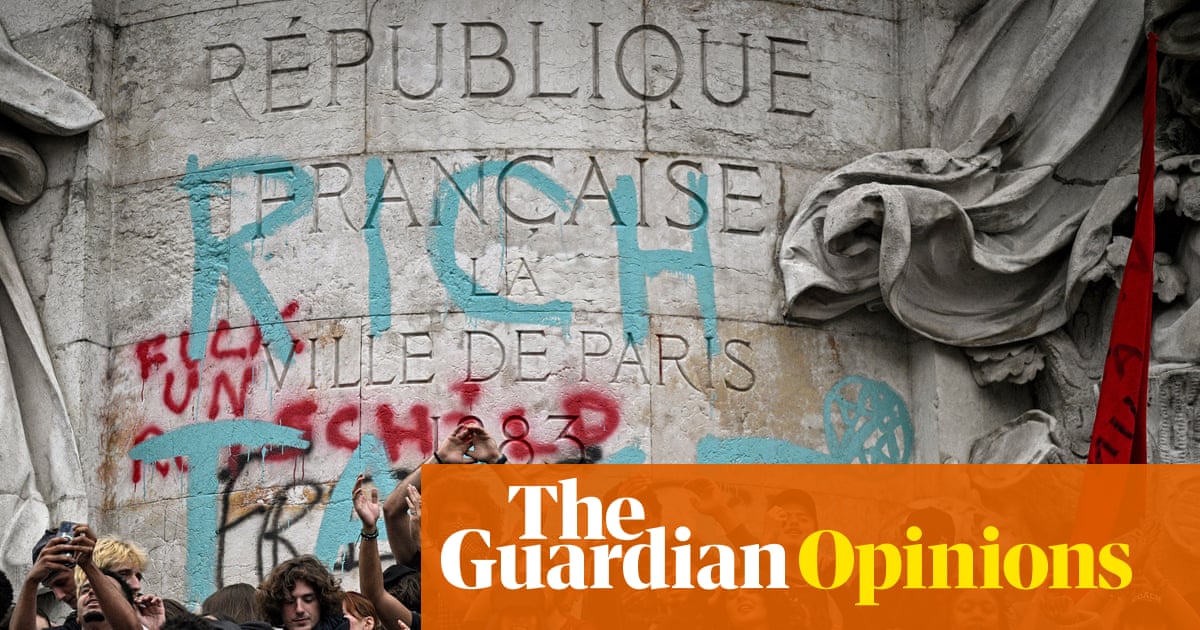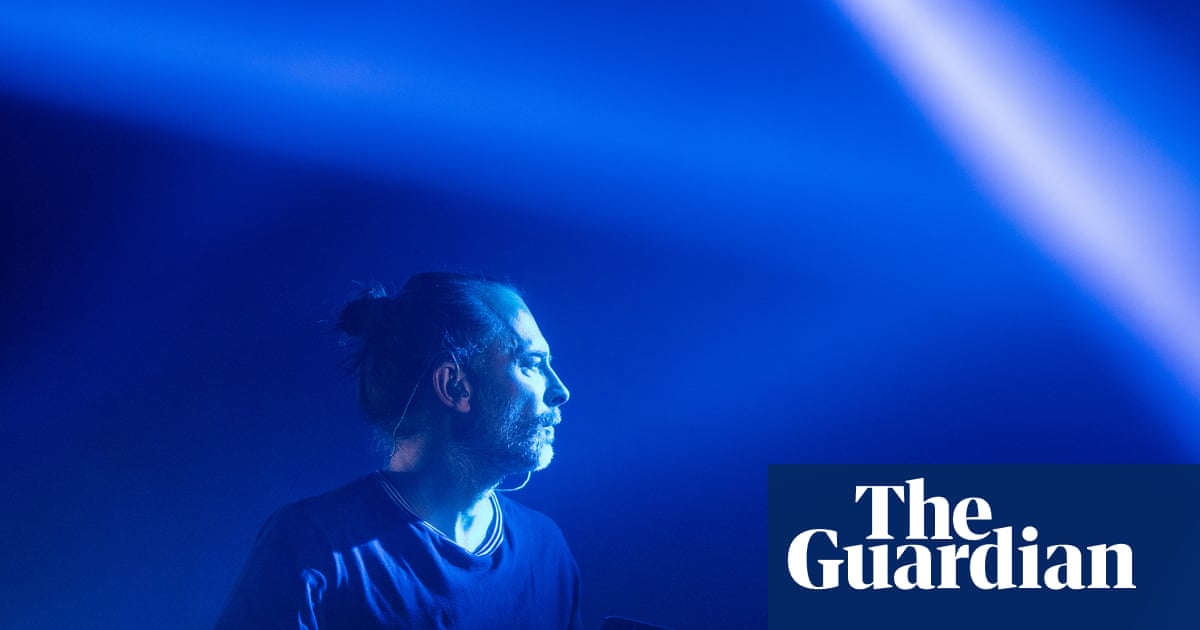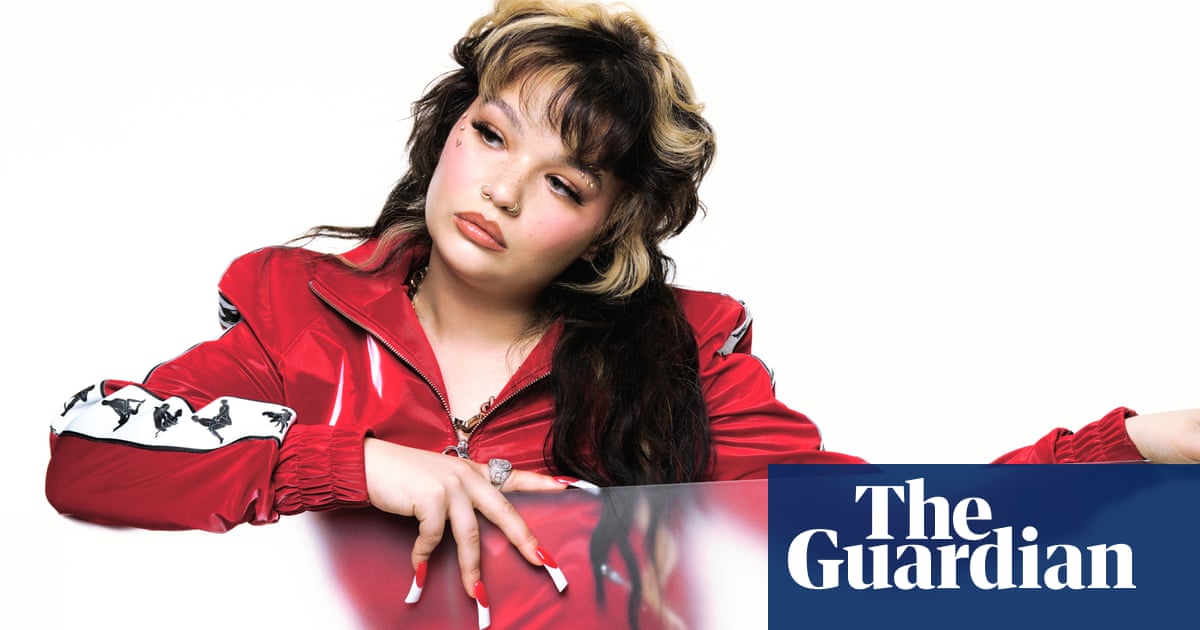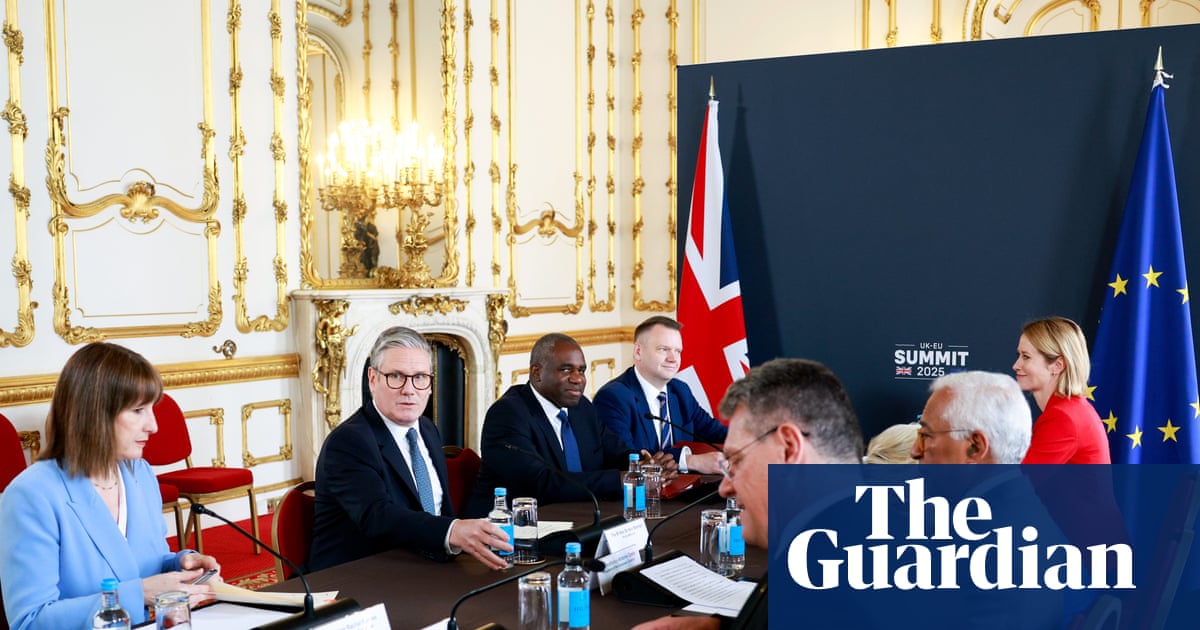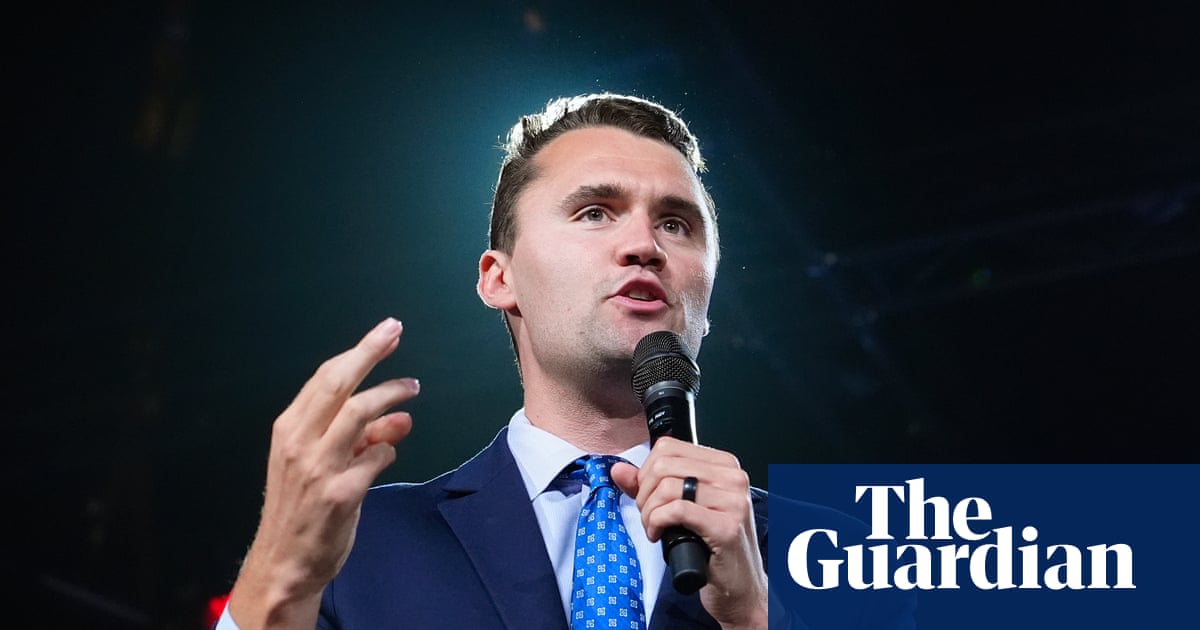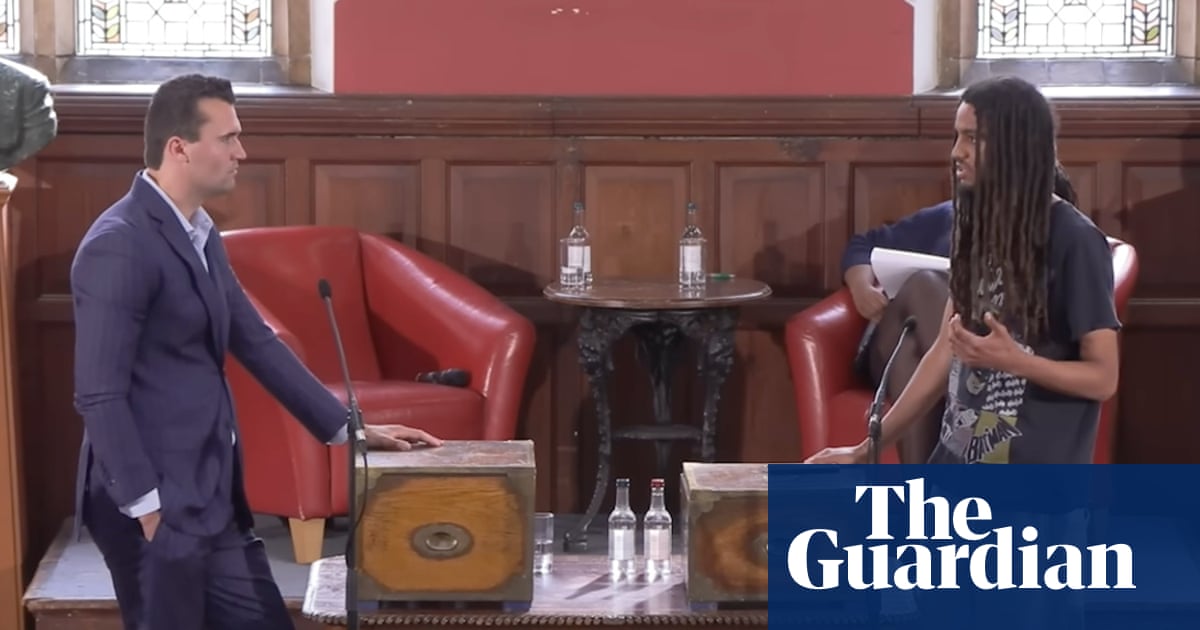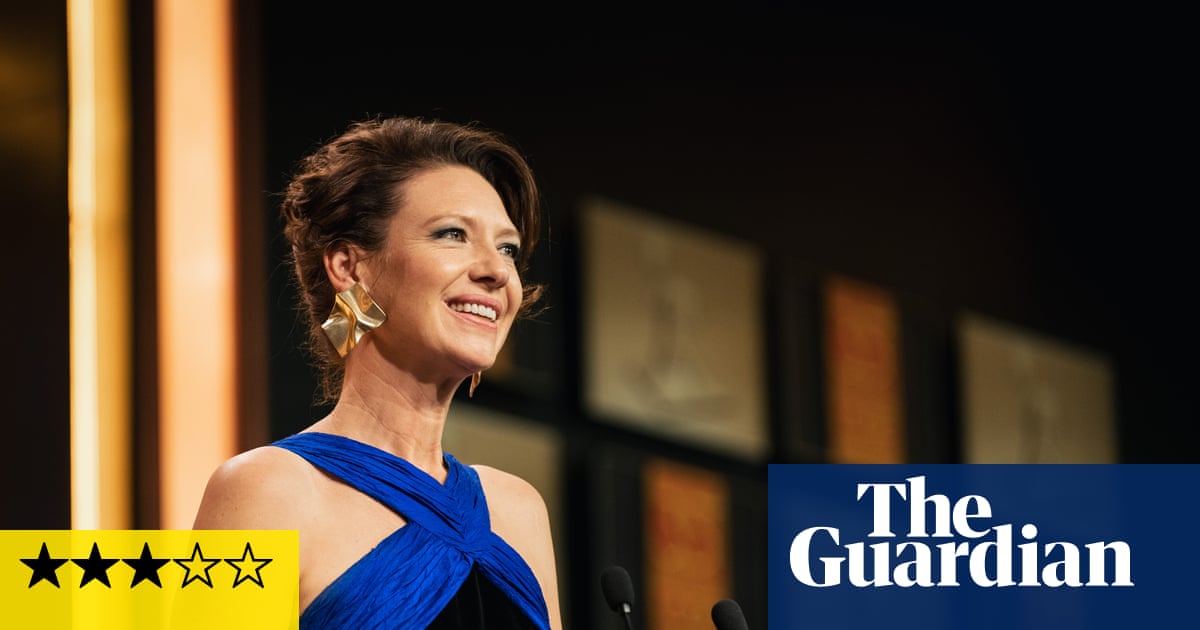King Charles has said Canadians can “give themselves far more than any foreign power on any continent can ever take away” as he gave a rare speech in the country’s parliament that served as a rebuke of the US president, Donald Trump, and his threats to annex the country.
Charles, who serves as Canada’s head of state, is the first monarch since 1957 to preside over the opening of a new Canadian parliament.
In a speech attended by lawmakers, Indigenous leaders and dignitaries, Charles, on his 20th visit, praised a country he said he loved “so much”.
“The True North is indeed strong and free,” he said – a reference to both the Canadian national anthem and recent threats from Trump to make Canada the 51st state.
The speech from the throne is typically given by the governor general and is meant to outline the government’s plans for the next session. The speech is written by the prime minister’s office in consultation with staff at the king’s office.
The king made no direct reference to Trump but his language was closely watched for implicit criticisms of the US president and his dramatic recasting of the US relationship with Canada.
“Democracy, pluralism, the rule of law, self-determination and freedom are values which Canadians hold dear, and ones which the Government is determined to protect,” said Charles, telling attenders, that by “staying true to Canadian values”, the country could “build new alliances and a new economy that serves all Canadians”.
The king alluded to efforts to ease tensions with the US. “The prime minister and the president of the United States, for example, have begun defining a new economic and security relationship between Canada and the US, rooted in mutual respect and founded on common interests, to deliver transformational benefits for both sovereign nations.”
Sitting next to Queen Camilla, the king also alluded to the last time a monarch opened a new parliament nearly seven decades earlier, when his late mother visited Ottawa.
Queen Elizabeth said during her 1957 speech that “against the backdrop of international affairs, no nation could live unto itself”. Charles said that he took great pride in the way in which “Canada has continued to set an example to the world in her conduct and values, as a force for good.”
The symbolic visit came as Canadians remain uncertain what role they want the monarchy to play in the future. In 2023, polling firm Ipsos polling found nearly 70% of Canadians said the royal family should’t play a prominent role in Canadian society. But that figure has dropped to 56% in new polling released Tuesday, showing a warming towards the monarchy, in part due to a deteriorating relationship with the US.
Still, not every party in parliament supported the presence of Charles. The separatist Bloc Québécois was absent – as they typically are during the speech – in protest over the address by a “foreign king”.
“To assert Canada’s sovereignty, we seek the symbol of the fact that Canada has the King of England as its sovereign,” said leader Yves-François Blanchet in the days leading up to the speech. “There is a complete inconsistency which seems to reflect [prime minister Mark] Carney’s personal sympathies rather than a relevant reading of Quebec’s sensibility.”
Representatives of Inuit, Métis and First Nations peoples were present in the senate after welcoming the king to Ottawa on Monday. Indigenous leaders have described the visit as a meaningful reminder of the centuries-long bond between Canada’s first inhabitants and the British crown – the two signatories of the many treaties which created the foundations of what would later become Canada.
“The King’s visit is an opportunity to highlight the nation-to-nation relationship between First Nations and the Crown. We are allies with a sacred perpetual relationship that cannot be broken,” Assembly of First Nations national Cindy Woodhouse Nepinak said in a statement. “The British Crown and First Nations are foundational to the creation of Canada. We also are distinct nations bound together by peace and friendship.”
Woodhouse Nepinak said Charles, as King of Canada, “carries a responsibility to uphold the Treaties that protect our rights”.

 3 months ago
107
3 months ago
107
